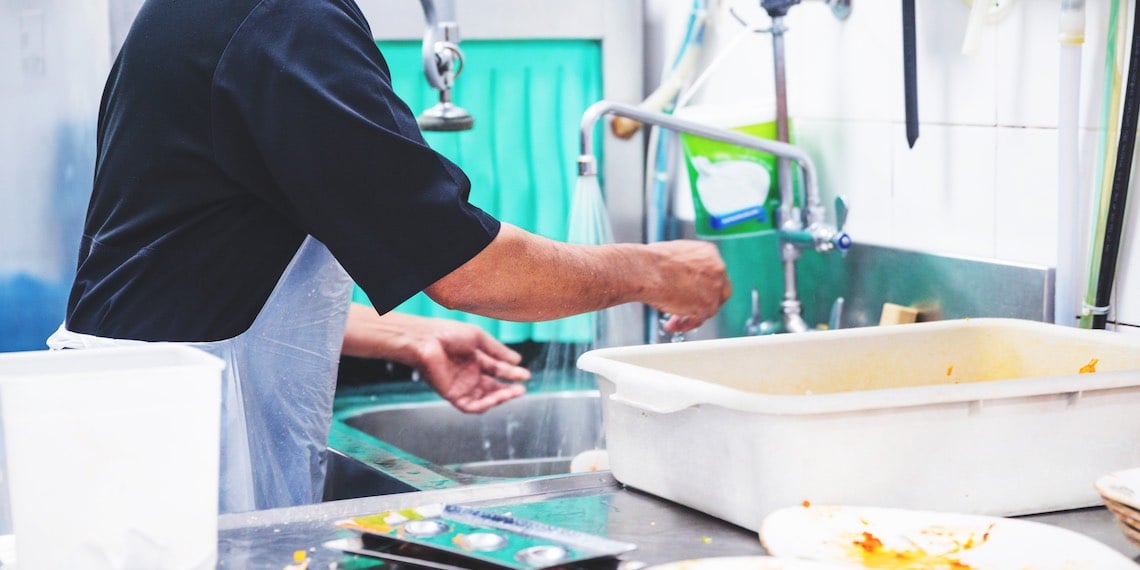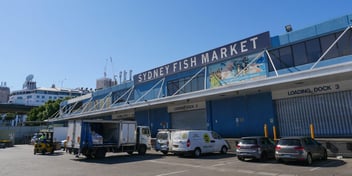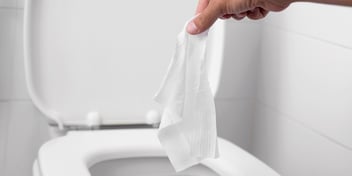Avoiding sewer blockages from wastewater fatbergs

Sydney Water is partnering with the Restaurant and Catering Association of Australia (R&CA) to provide a training program to help food businesses prevent fats, oils and greases (FOGS) from entering the wastewater network.
The move comes after Sydney Water recorded a 30% reduction in blockages during COVID-19 lockdown due to the closure of food businesses.
Minister for Water Kevin Anderson said the program will support businesses to help reduce waste and keep unwanted FOGS from creating unnecessary issues in the wastewater system.
“This program will help businesses by educating them on how to produce less waste and the best way to dispose of it, as well as how to manage their treatment equipment,” he said.
“It will also encourage businesses to understand the impacts of their actions and become more sustainable, which will benefit them in the long run.”
Sydney Water’s Bondi wastewater treatment plant saw the greatest reduction, with flows dropping by 16% during this time.
Grease traps
Sydney Water Head of Business Customers Andy McKechnie said the statistics show greasy waste is a particular problem for commercial business customers.
“When many businesses were closed, we saw a correlation in our wastewater network with less blockages caused by FOGSs,” he said.
“Liquid cooking oils used by restaurants harden as they cool down and act like glue, joining with other waste in our wastewater systems including food scraps and wet wipes to form fatbergs.
“These fatbergs block pipes and can cause wastewater to flow back into premises, streets and the environment. Simple things such as scraping food scraps into the bin, not down the sink, and pouring any used cooking oils into a container and recycling them, all help in a big way.”
Avoiding sewer blockages
R&CA CEO Wes Lambert said it was great to see Sydney Water promoting and fostering sustainable trade waste management practices.
“We’re looking forward to working with Sydney Water to educate our members on why it’s important that they manage their waste sustainably, how they can reduce impacts on the environment and how it can also benefit their business,” he said.
“Sustainability is a key selling point for food businesses who’ve had it tough during lockdown. This program brings even more opportunities for restaurants and other food businesses to show they care about their local communities and the broader environment.”
Restaurants connected to the wastewater system must register for a connection agreement with Sydney Water and have approved treatment equipment, such as grease traps.
Businesses will receive digital accreditation and become eligible for the Sydney Water Sustainable Restaurant Award at next year’s Restaurant & Catering Awards.


